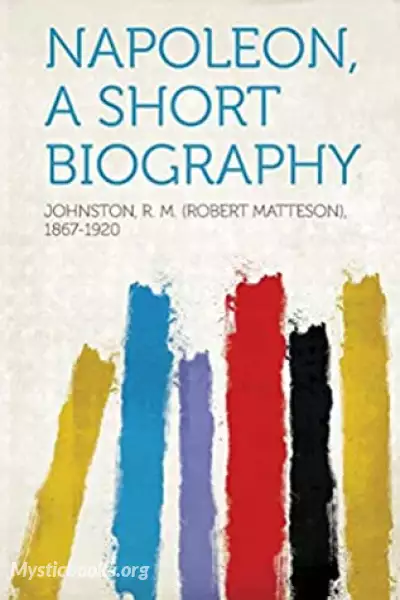
Napoleon: A Short Biography
'Napoleon: A Short Biography ' Summary
Napoleon Bonaparte was a French military and political leader who rose to prominence during the French Revolution and led several successful campaigns during the Revolutionary Wars. He was the de facto leader of the French Republic as First Consul from 1799 to 1804. As Napoleon I, he was Emperor of the French from 1804 until 1814 and again in 1815. Napoleon dominated European and global affairs for more than a decade while leading France against a series of coalitions in the Napoleonic Wars. He won most of these wars and the vast majority of his battles, building a large empire that ruled over continental Europe before its final collapse in 1815. One of the greatest commanders in history, his wars and campaigns are studied in military schools worldwide. Napoleon's political and cultural legacy has endured as one of the most celebrated and controversial leaders in world history.
Born on the island of Corsica not long after its annexation by the Kingdom of France, Napoleon's modest family descended from minor Italian nobility. He supported the French Revolution in 1789 while serving in the French army, and tried to spread its ideals to his native Corsica. He rose rapidly in the Army after he saved the governing French Directory by firing on royalist insurgents. In April 1796, he began his first military campaign against the Austrians and their Italian allies, scoring a series of decisive victories and becoming a national hero. Two years later, he led a military expedition to Egypt that served as a springboard to political power. He engineered a coup in November 1799 and became First Consul of the Republic. Intractable differences with the British meant that the French were facing the War of the Third Coalition by 1805. Napoleon shattered this coalition with decisive victories in the Ulm Campaign, and a historic triumph at the Battle of Austerlitz, which led to the dissolving of the Holy Roman Empire. In 1806, the Fourth Coalition took up arms against him because Prussia became worried about growing French influence on the continent. Napoleon quickly knocked out Prussia at the battles of Jena and Auerstedt, then marched the Grande Armée deep into Eastern Europe, annihilating the Russians in June 1807 at Friedland, and forcing the defeated nations of the Fourth Coalition to accept the Treaties of Tilsit. Two years later, the Austrians challenged the French again during the War of the Fifth Coalition, but Napoleon solidified his grip over Europe after triumphing at the Battle of Wagram.
Book Details
Language
EnglishOriginal Language
EnglishPublished In
1904Genre/Category
Tags/Keywords
Authors
Robert Matteson Johnston
United States
Robert Matteson Johnston was an American historian and an important scholar of military history. He was born in Paris, Texas, and educated at Eton College and Pembroke College, Cambridge. He taught at...
Books by Robert Matteson JohnstonListen/Download Audiobook
- Select Speed
Related books
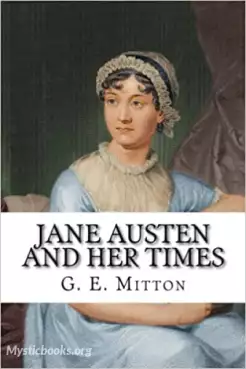
Jane Austen and Her Times by Geraldine Mitton
This book starts saying it won't be a biography but instead will describe the times of Jane Austen, but then details the live of Jane Austen with a bi...
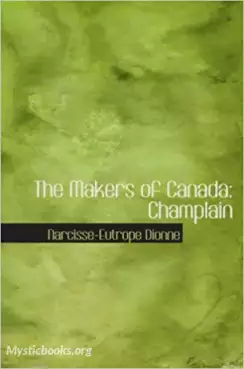
The Makers of Canada: Champlain by Narcisse-Eutropee Dionne
A biography of Samuel de Champlain, French explorer, founder of Quebec, and father of New France.

Little Pictorial Lives of the Saints, Volume 3 (July-September) by John Gilmary Shea
This book is a collection of short biographies of saints, arranged according to the liturgical calendar of the Catholic Church. The biographies are dr...
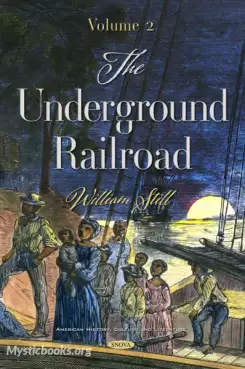
The Underground Railroad, Part 2 by William Still
The Underground Railroad was a network of secret routes and safe houses established in the United States during the early- to mid-19th century. It was...

The Life of Columbus by Sir Arthur Helps
This is a captivating historical book that delves into the remarkable journey. This book provides a vivid account of Columbus' life, his struggles, an...

Expedition of the Donner Party and its Tragic Fate by Eliza P. Donner Houghton
The Donner Party was a group of California-bound American settlers caught up in the "westering fever" of the 1840s. After becoming snowbound in the Si...

How They Succeeded by Orison Swett Marden
Success! Alluring, fascinating, informative. Why are some people successful while others languish on the scrap heap of life? Hard work? Luck? Nepotism...
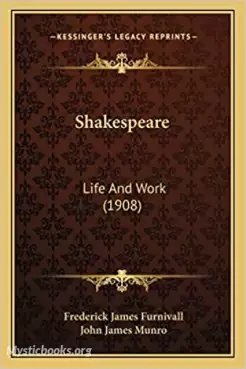
Shakespeare: Life and Work by John Munro
William Shakespeare: actor, poet, playwright. He is often called England's greatest writer, the Bard of Avon, a national treasure. But who was he? An...
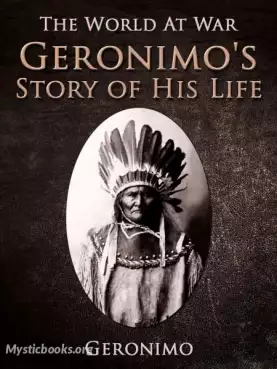
Geronimo’s Story of His Life by Geronimo
Geronimo’s Story of His Life is the oral life history of a legendary Apache warrior. Composed in 1905, while Geronimo was being held as a U.S. prisone...
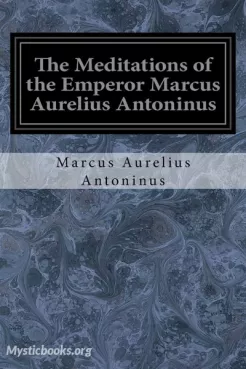
The Meditations of the Emperor Marcus Aurelius Antoninus by Marcus Aurelius
In "The Meditations of the Emperor," immerse yourself in the profound musings of Marcus Aurelius Antoninus, a revered Roman Emperor whose introspectiv...
Reviews for Napoleon: A Short Biography
No reviews posted or approved, yet...